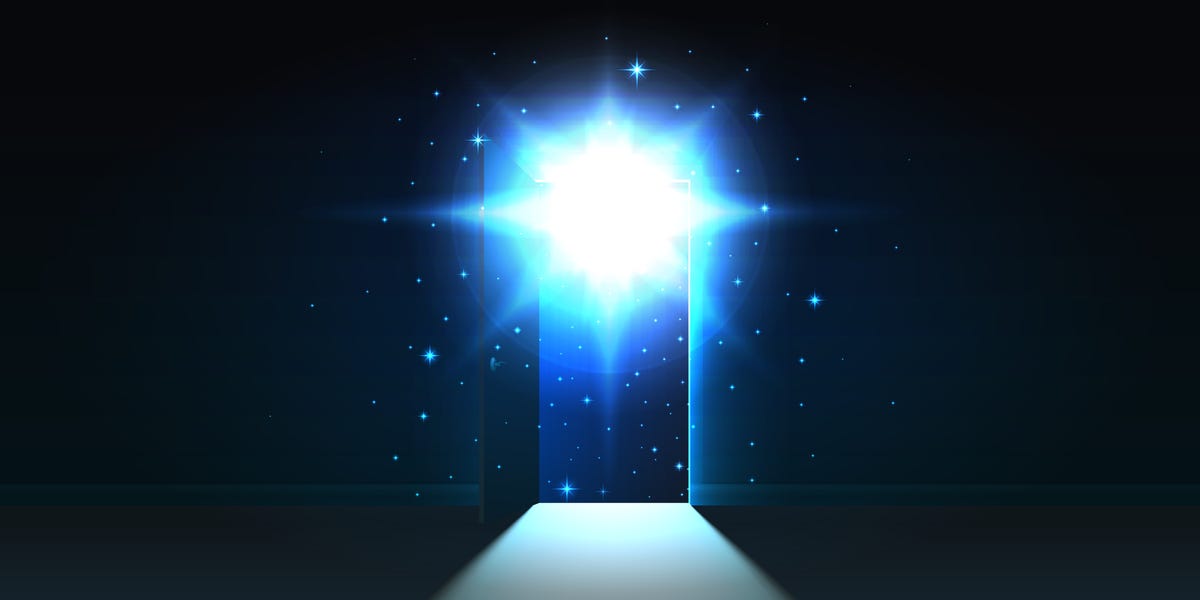New Study Questions the Existence of Our Universe

Summary:
Recent scientific research suggests that the fundamental laws of physics imply the universe should not exist. The study delves into the discrepancies between matter and antimatter and proposes that the conditions for the universe's formation were so precise that it is statistically improbable for it to exist.Key Insights:
-
Matter vs. Antimatter Imbalance: The study emphasizes the imbalance between matter and antimatter in the universe. According to the laws of physics, the Big Bang should have produced equal amounts of both, leading to mutual annihilation. Yet, matter dominates, allowing the universe to exist.
-
Statistical Improbability: Researchers highlight that the precise conditions necessary for the universe to form are so specific that it seems statistically improbable. This raises questions about the nature of these conditions and whether unknown factors or laws are at play.
-
Implications for Physics: The findings challenge our understanding of fundamental physics. If the current laws suggest the universe shouldn't exist, it implies that there might be unknown principles or errors in our understanding.
Takeaways:
The research presents a profound challenge to our understanding of the universe's existence. It underscores the need for further exploration into the laws of physics and the conditions of the early universe. The apparent improbability of our existence opens up new avenues for scientific inquiry and philosophical contemplation.